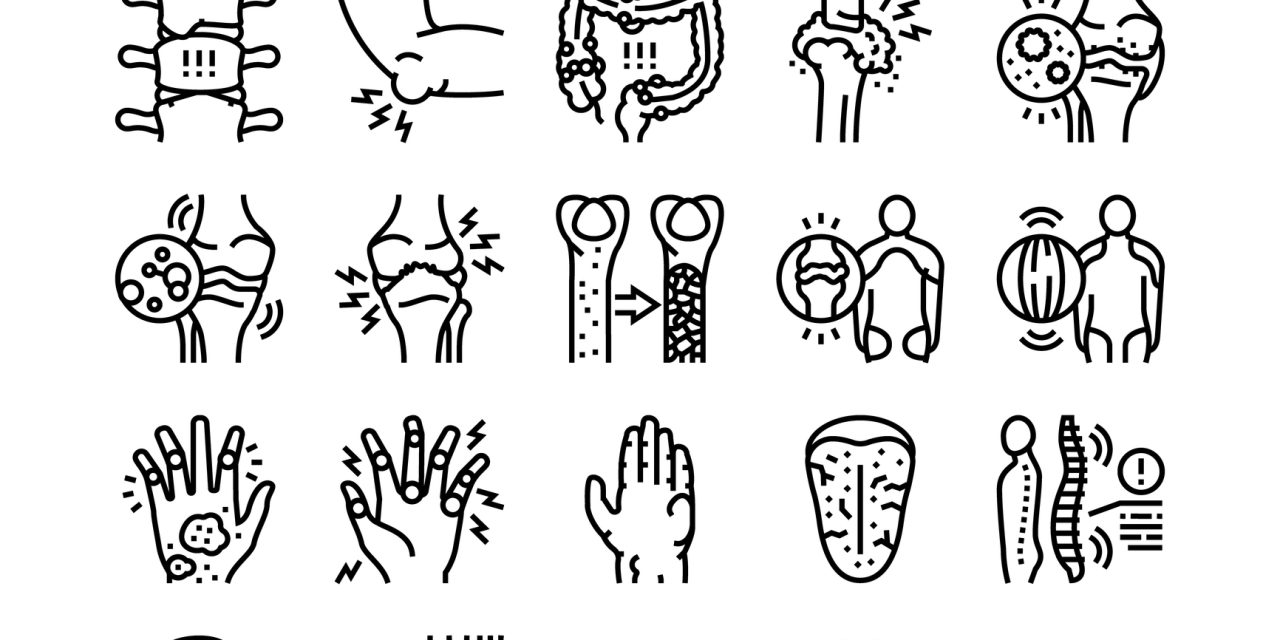The study aimed to identify predictors of response to immunosuppressive therapy after one year, focusing on autoantibodies, in patients newly diagnosed with idiopathic inflammatory myopathies (IIM) followed longitudinally in an electronic registry. The association between autoantibody‐defined groups and improvement was assessed according to the ACR/EULAR 2016 response criteria.
In total 156 patients were identified; of them, 111 patients (71%) were positive for any autoantibody tested, 90% received glucocorticoid treatment at baseline, and 78% received immunosuppressive drugs at some follow‐up point. About 38% of them (n=60) achieved a moderate response, 19% (n=30) achieved a major response, whereas 62% percent of patients (n=96) showed a minimal response. Regarding the different response levels, DM‐specific autoantibodies were associated with a moderate response versus the seronegative group (reference), OR 4.12 (95% CI 1.2–16.5). Also, dysphagia, time from symptom onset to diagnosis, and initial glucocorticoid dose were significant predictors of response after one year of follow up.
In conclusion, patients with DM‐specific autoantibodies were observed to achieve better levels of response as compared to other autoantibody‐defined groups. Dysphagia, the shorter period from symptom onset to diagnosis, and intensive initial immunosuppressive treatment were associated with a higher response rate after one year of pharmacological treatment from the index date, regardless of autoantibody status.


